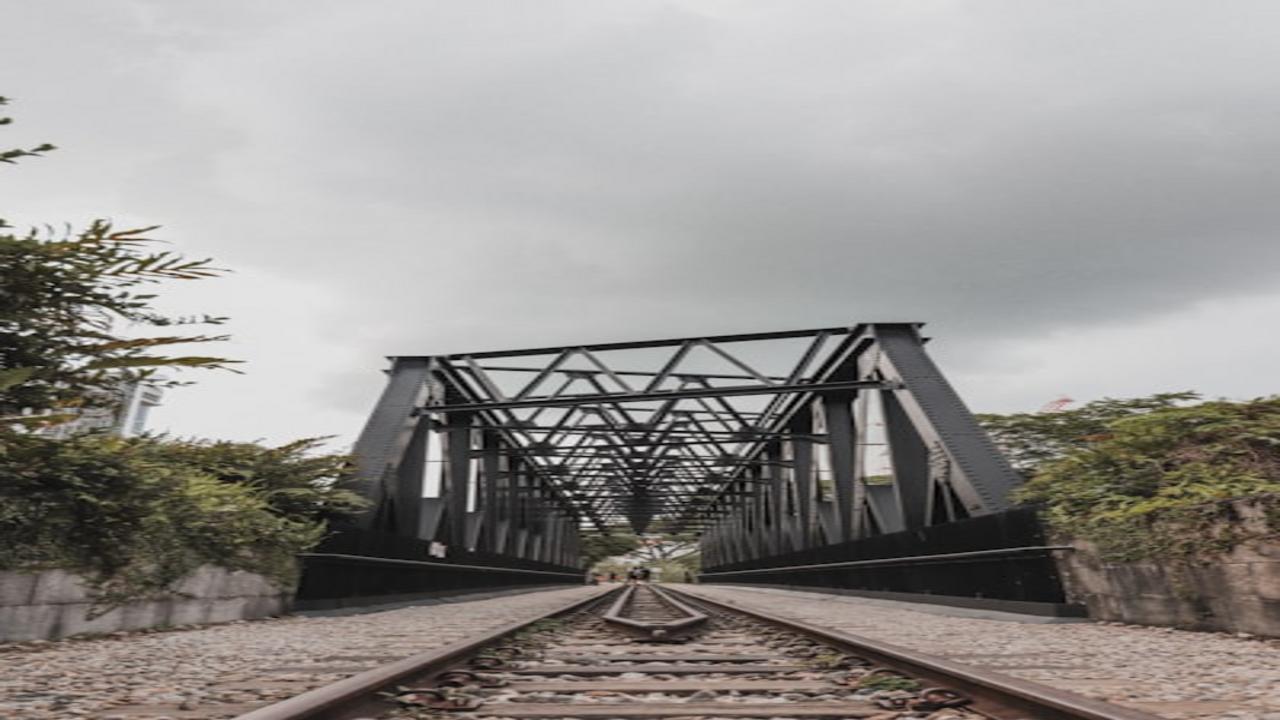
Climate emergency: reinventing land management for a sustainable future
In a world where the climate emergency is crying out for help, land management is emerging as a major issue. At COP16, attention turned to this crucial question: how can we redefine our relationship with the land to ensure a sustainable future? Decision-makers, NGOs and opinion leaders face a formidable challenge, because the future of our planet depends on the enlightened management of our resources. Getting people to focus on this issue requires a combination of vision, determination and, above all, collective will.
A strangely exhausting land: who is responsible?
In a context where arable land is shrinking like shagreen leather, it is time to ask the unpleasant question: who is really responsible for this catastrophic situation? The big agribusinesses that shamelessly exploit the land, at the expense of small farmers and biodiversity, must be singled out. The responsibility for land degradation is as much economic as ethical. Governments, companies and even us, as consumers, have our share of responsibility in this debacle.
For a healthy future: redefining our practices
At COP16, experts agree that redefining agricultural practices is essential. This involves adopting agroecological methods that not only preserve resources, but also promote soil fertility in the long term. Promoting agroforestry, encouraging biodiversity, recycling organic waste… These are all alternatives that could turn things around. But all of this requires changes in mentality and, why not, a green revolution. The ball is in the court of governments and their ability to create incentive policies that will allow these new practices to emerge.
Educating to awaken: the fundamental role of awareness-raising
But what is a great idea without collective awareness? Raising awareness of the importance of sustainable land management must be at the heart of concerns. Educational campaigns play a fundamental role in this process. By informing people about environmentally friendly practices, by showing them the need to preserve our land for future generations, we can hope for a paradigm shift. Because given the scale of the challenges, it is our collective commitment that will determine the health of the planet tomorrow.
So, at this COP16, it is time to realize that redefining land management is a shared responsibility. Between the need to save our natural heritage and the search for sustainable growth, the road is strewn with pitfalls, but solutions exist. It is up to us to act, now!



Leave a comment
This site is protected by hCaptcha and the hCaptcha Privacy Policy and Terms of Service apply.